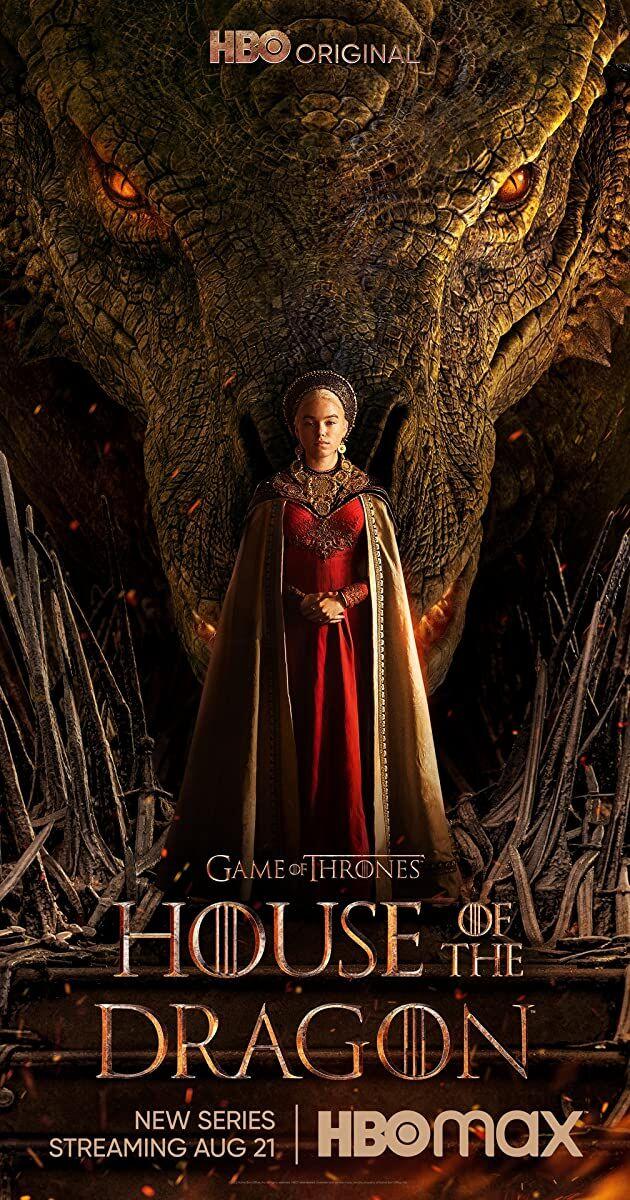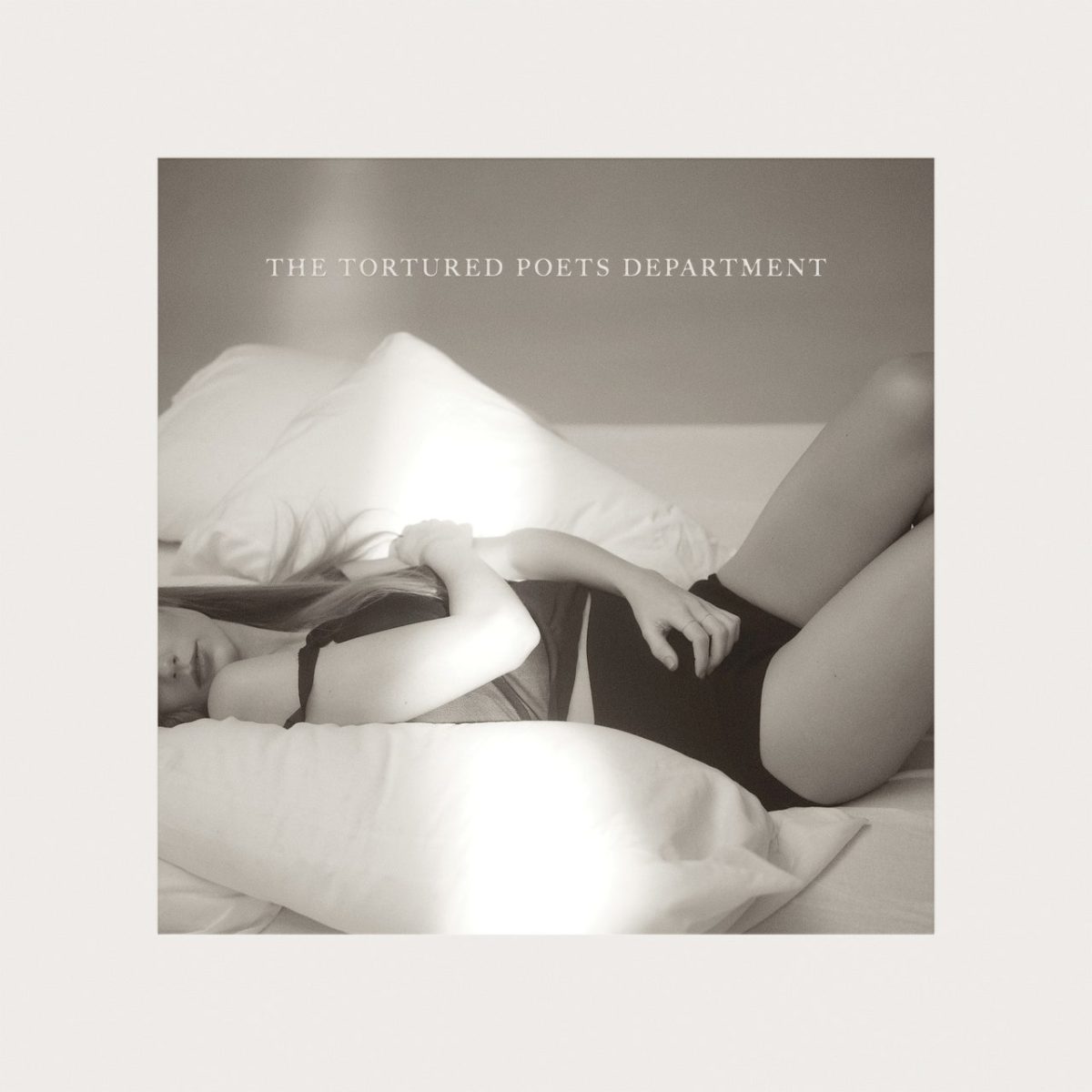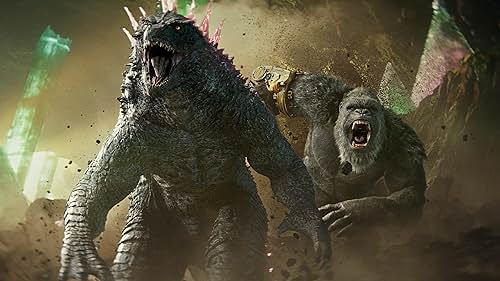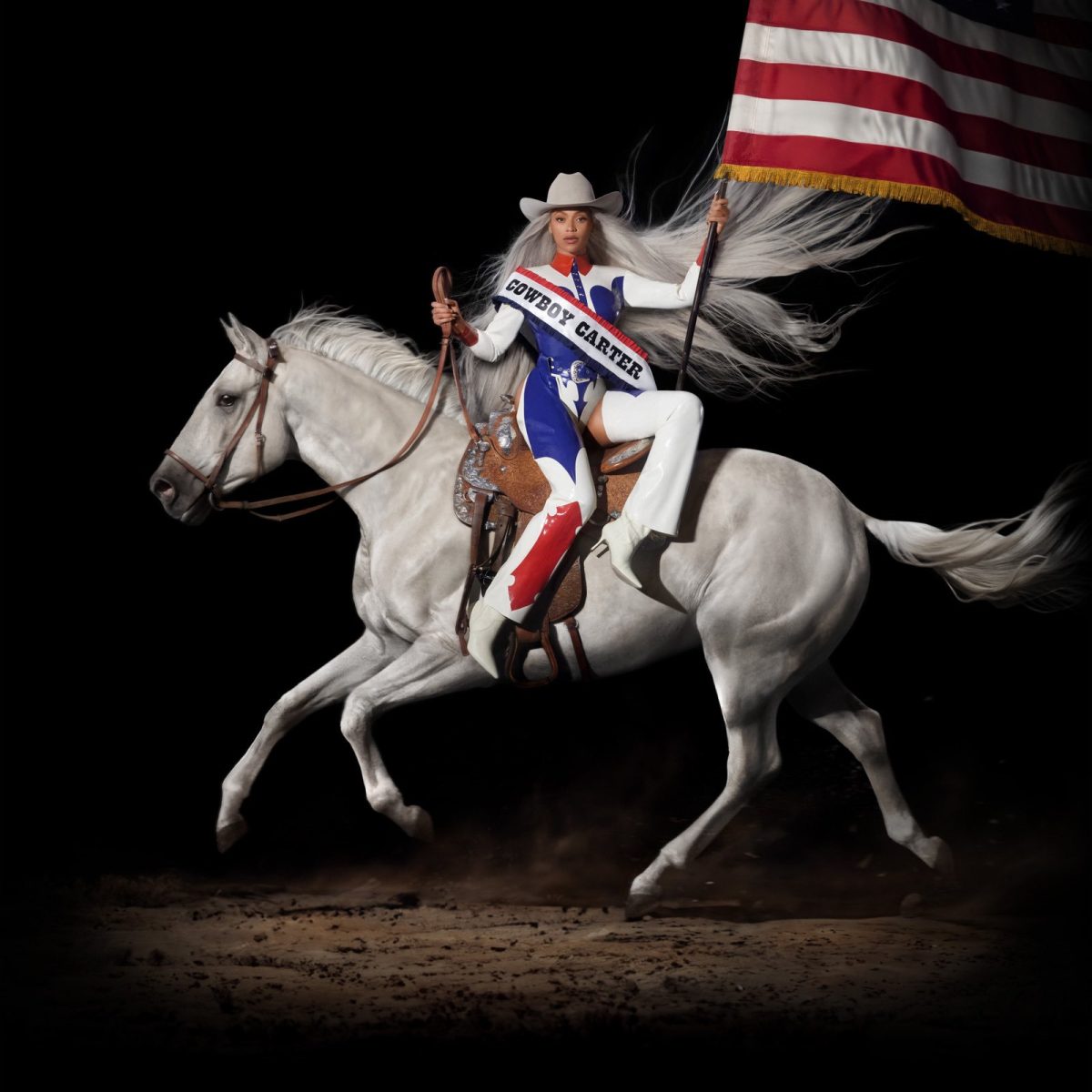Women can be warlords, too. “House of the Dragon” hammers this point home in a “Game of Thrones” prequel that feels more like its spiritual sequel.
HotD takes place nearly two centuries prior to the events of Thrones and narrows the scope of the series. Whereas Thrones gave us a mosaic of different characters, banners and causes to root for, along with the eponymous game at its core, HotD concerns itself primarily with one powerful family, the ruling Targaryen dynasty, as they play that same dangerous game. The key players are Queen-Consort Alicent Hightower and Princess Rhaenyra Targaryen, heir to the Iron Throne.
Fire & Blood, George R.R. Martin’s 2018 book on the history of House Targaryen, provides the source material for HotD. Adapting high fantasy is no easy task, much less high fantasy from what equates to a textbook. The book differs drastically from the main series in terms of storytelling, scope and worldbuilding: An immersive, character-driven experience over the course of many chapters and different points of view in Martin’s main series is condensed to dry accounts relayed after the fact by a fictional scholar in “Fire & Blood.” In short, Martin wrote the series’s source material as a mere worldbuilding exercise. Could showrunners Ryan Condal and Miguel Sapochnik pull it off? Could they make engaging TV with such dry material? We sat on the edge of our seats.
The show’s biggest victory is in turning the perceived weakness of the source material into a strength. In the podcast accompanying the show, Executive Producer Sarah Hess explains how.
“[Martin]’s very, very clear in writing the book that it is an unreliable narrative,” Hess said. “So nobody in that book actually knows what happened, it’s three separate reporters saying what they think might have happened and contradicting each other, which gives us as adaptors an incredible amount of leeway because we have no idea what happened.”
Approaching the source material as a historical text allows the adaptors to play into those inconsistencies and divulge from the text, creating shocking moments for the audience to talk about until the next episode. Evidenced by increasing audience numbers every Sunday, this has generated buzz matched only by Thrones at its best.
[SPOILERS AHEAD UP TO EPISODE 6]
Alicent, a woman who has abided by the ethical conduct given to her by society, nurtures “a sense of moral superiority exist[ing] only in her own mind.” This is in conflict with her own stepdaughter Rhaenyra, a woman who flouts her society’s ethics, feeling “entitled to pursue her own happiness.” Alicent campaigns for her son’s claim to the throne per primogeniture despite the King having named Rhaenyra as his successor years before.
Powerful women within a patriarchy form the crux of the dramatic conflict, but the series is not so simplistic as to give us a Hollywood ending. Hess further explained how survival bias factored into their historical approach of the material.
“One of the themes that we ran with was that history is written by the victors, history is written by … men.” Hess said.
Building upon Martin’s lore, HotD further clarifies the themes at the core of Thrones, the human heart is in conflict with itself, good people do not always make good rulers and actions have consequences.
“I’ve always taken … as a code William Faulkner’s Nobel prize acceptance speech,” Martin said in a TIME interview. “Where he said the human heart in conflict with the self was the only thing worth writing about.”
While we may be tempted to root for progress and empowerment by supporting Rhaenyra’s claim to the throne, change is never met without resistance. In Rhaenyra’s case, change leads to the “Dance of the Dragons,” a civil war of succession which leads to the extinction of dragons and eventual fall of the Targaryen dynasty. The resulting war underlines the great cost we have had to bear for the sake of progress. Martin pressed on the significance of class structures in play.
“The class structures in places like this had teeth. They had consequences,” Martin said. “People were brought up from their childhood to know their place and to know [the] duties of their class and privileges of their class. It was always a source of friction when someone got outside that thing. And I tried to reflect that.”
HotD narrows in on women as a class. One scene from “The Princess and the Queen” seems especially illustrative of Martin’s point: Rhaenyra, played by Emma D’Arcy, begs her husband, Laenor Velaryon, played by John Macmillan, to stay at her side after finding themselves at risk of being exposed for bearing three bastard children. Laenor wishes to sail the high seas once more and continue “fuck[ing] the lustiest boys.” Per their marital arrangement, each spouse is free to bed whomever they desire but Rhaenrya stands to lose everything upon exposure while Laenor can emerge unscathed. Laenor chooses the coward’s way out, leaving his wife to bear the consequences of both their actions. Rhaenyra then changes course.
“As your Princess and the heir to the throne,” Rhaenyra proclaims. “You are commanded to remain in King’s Landing and at my side.”
These are fighting words. This is a display of power not unlike Daenerys announcing herself as First of Her Name, Queen of the Andals and the First Men, Khaleesi of the Great Grass Sea, Mother of Dragons, Breaker of Chains, the Unburnt, etc., before laying waste on her enemies. Allison Herman, reviewing the show for The Ringer, praised this complexity.
“To the show’s credit, it avoids equating marginalization with the moral upper hand, a simplistic trap endemic to popular feminism,” Herman writes. “Just because Rhaenyra lacks one form of power doesn’t mean she can’t feel its corrupting influence in other ways.”
One cannot help but hear echoes of one of the greatest scenes from the original series: Petyr Baelish slyly declares that knowledge is power, alluding to his knowledge of Queen Cersei’s indiscretions. In response, Cersei commands her guards to slit his throat before immediately reneging. “I’ve changed my mind,” Cersei says. “Let him go.”
In case the point did not come across, Cersei clarifies: “Power is power.”
HotD shows us, perhaps more tastefully than Thrones, that beneath self-professed high ideals and stories of human progress are flawed human beings, each with their own personal allegiances, petty grievances and self-interest in mind.
People don’t watch event television for ideas, but these messages are conveyed just the same and pose the risk of miscommunication. I point this out only because while Thrones tried to tell a similar story through Daenerys, audiences evidently failed to realize until the series’s end that her humble come-up did not justify the wanton pyromania in her wake. Let’s not forget that during Thrones’ eight year-run at least 3,500 girls were named either “Daenerys” or “Khaleesi,” or their numerous possible misspellings.
The noble intentions of one person do not always triumph over the grim reality of the world. As Rhaenyra will learn in the weeks to come, history is not always kind to its losers and history has not also been kind to women.
By a different way of summation, I offer you this:
If what drew you to Thrones were the quiet conversations in palatial rooms preceding Shakespearean tragedy, the first six episodes of Dragon delivers in spades. The showrunners took a piece of text even dryer than the Gospels and made 10 passion plays to be delivered in weekly installments. Make no mistake about it: event television is back.
If what drew you to Thrones was its spectacle and bloodshed, HotD still has a chance to deliver in the season’s remainder. With two times the budget of the last season of Thrones, only time will tell whether HBO learned from its past mistakes or whether this buildup gives us epididymal hypertension, once again. War still looms around the corner for our characters. The dragons have not yet danced.
























